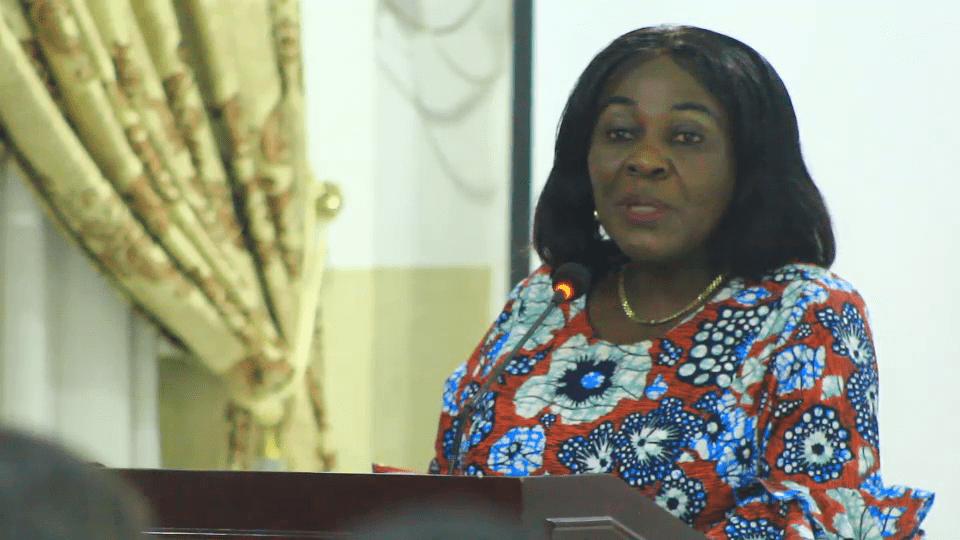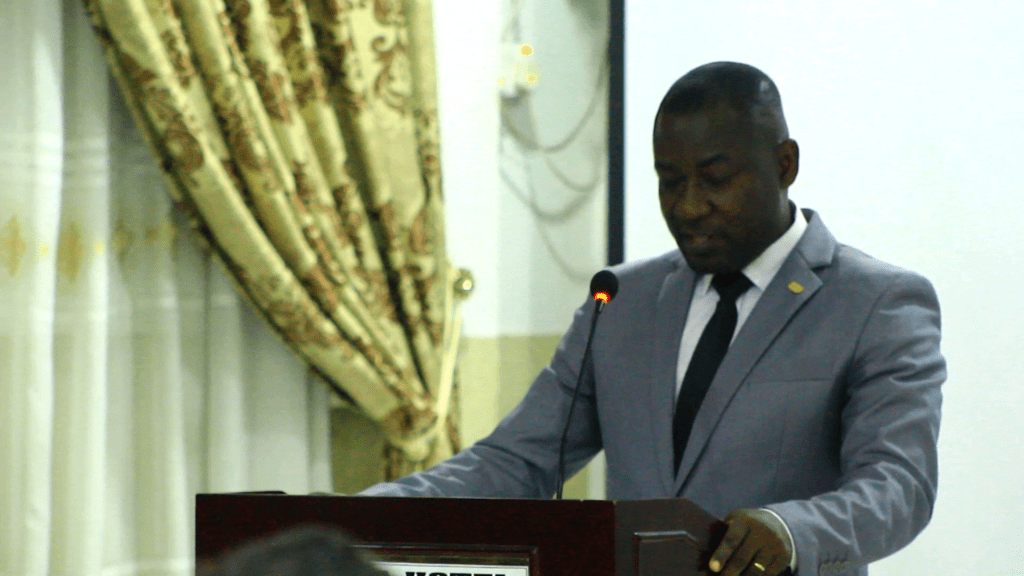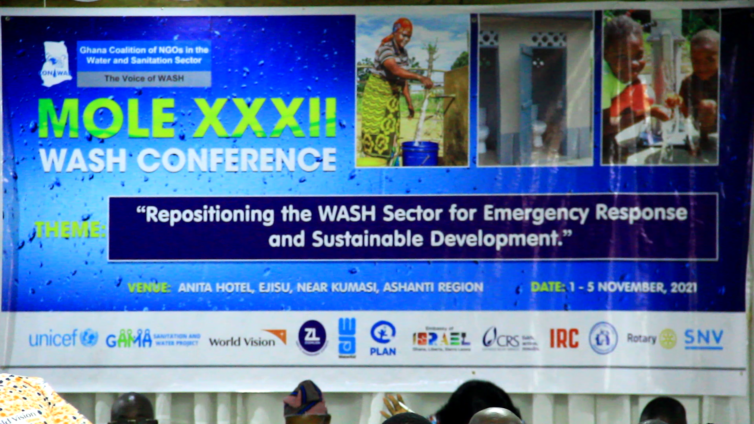For about 16 years, young women from Northern India said to their suitors, “No loo, no ‘I do!'” and they got the deal.
Figures for toilet ownership increased considerably as men scramble to lure brides into a marriage.
The slogan made women scarce for those who didn't have a toilet facility.
Billboards, posters, radio shows, and painted slogans on buildings among other measures to inform and educate men became topical.
Launched in 2005 by state authorities, the campaign encouraged women and their families to demand that male suitors build a private latrine before they agreed to the marriage.
That, among others, helped India to become open defecation-free in 2019 with every household now apparently has access to a toilet.
“I am satisfied that on the occasion of Gandhi at 150, we are witnessing the fulfillment of his dream of ‘Swachh Bharat’. I feel lucky that on this occasion when India has successfully stopped open defecation, I’m here at the ashram,” Indian Prime Minister, Prime Minister Narendra Modi wrote in the visitor’s book at Mahatma Gandhi’s Sabarmati Ashram.
Mr. Modi credited grassroots volunteers who made toilets a common man’s topic.
At this year's Mole WASH minister for sanitation and water resources, Cecilia Abena Dapaah proposes the same strategy to curb open defecation in Ghana.

"If you are a lady getting married or engaged, and the young man has no toilet in his house, don't agree." Mrs. Dapaah indicated at the 32nd Mole WASH conference at Ejisu in the Ashanti region.
Member of Parliament for Sawla Tuna Kalba also makes a strong case for the proposal citing individual commitment to achieve open defecation-free Ghana.
Andrew Dari Chiwitey who also serves as the Deputy Ranking Member for Parliamentary select committee on works and housing says, "young babies who are here when get home tell the rest if a young man wants to marry you, no toilet, no marriage."
The repetition of the slogan was warmly applauded by the participants, “we can't continue to be dropping our waste in the gutters." Mr. Chiwitey stressed.

It appeared the deputy ranking member for the parliamentary select committee on works and housing and vice-chairman for the parliamentary select committee for sanitation and water resources had the same thought prior to the conference.
Their submissions were identical and the support for the minister's proposal the same.
"It is the best thing to do. If I have a young girl going to marry, I will find out from the young man whether he has toilet or not." Jabaah John Bennam, also member of parliament for Zabzugu.
Many participants at the 32nd conference smiled at the proposal, especially when the minister emphasized, "don't agree."
Among all participants, the proposal is commendable and could change people's attitude to good sanitation.
"I feel excited about it. At least, your wife doesn't need to walk meters to the toilet." One of the participants who described open defecation as disgusting said.
Some single men decline to share their opinion on camera because they would be bound by a commitment to the world. They however agree with the minister's position.
"I am not married yet so I won't speak on camera because my friends will insult me. But I think we should take steps to try this strategy" He said.
But for married and single women, the proposal is more than necessary.
For instance, 12-year-old Ghanaian sanitation diplomat, Mawadatu Naziru believes it is disgrace not to have a toilet as a man.
"Assuming someone comes to visit you and feel like defecating, are you going to send the person into the bush?" she asked
100 percent of women and men at the event say they would make good use of their influence in societies.
But how can Ghanaians get this worked out? I put that question to the middle zone coordinator for CONIWAS, Rose Asare.
"I believe if tribal communities could buy into it and add it into the dowry list, it would be an amazing thing." Rose Asare answered.
"It is embarrassing and frustrating to see people defecate in public places." She added.
Over 22 million Ghanaians have no access to sanitation and this raises concern about long-term effects.
Like India’s previous societal issue, Ghana also has an open defecation problem. Most houses in the city do not have private toilets, and with the few publicly-run facilities that do, they are poorly kept.
2011 statistics from the Accra Metropolitan Assembly indicate that 91% of all dwellings are without toilet facilities.
Between 2006 and 2011 the data from UNICEF recorded a slight decline in the proportion of people practicing open defecation; from 24.4% to 22.9% but that figure has increased from 5.1 million to over 5.7 million.
A November 2017 UNICEF District League Table indicated only eight of the country’s 216 districts have, at least, 33 percent of their communities are not engaged in open defecation.
Figures from the Kumasi Metropolitan Assembly Sanitation Department show only 39% of households in the metropolis have toilet facilities. It means about 60% of homes are without toilet facilities.
The highest rate of open defecation is found in the Upper East Region where 89% of the regional population engage in open defecation and only 3% use unshared improved sanitation facilities.
It is estimated Ghana loses an average of US$79 million annually due to open defecation. The country is classified among 34 with the highest open defecation rates of 15% and above.
In the Ashanti Region, out of the 3,754 public basic schools, 1,427 are without toilet facilities.
In the Western region 1,132 out of the 2,408 schools are without toilets. In the Upper West Region, out of the 1,165 schools, 350 are without toilets.
According to data published by Down to Earth, the cost of finding a place to defecate in the country is $19 million. Data indicates Liberia ($1.9 million), Malawi ($2.7 million) and DR Congo ($6.3 million) are spending less, compared to Ghana.
In India, it was a community-led campaign created to stop open defecation and faecal pollution.
According to a study published by ScienceDirect, private sanitation coverage increased by 21% in Haryana among households with young men active on the marriage market from 2004 to 2008. At the time, 626 million Indians eased themselves in the open, raising concerns about environmental and health issues of the second-most populous country in the world.
After years of campaigning ‘No toilet, no bride’, women did not even have to make the demand themselves.
Men began to recognize that saving up to build a toilet facility was a benchmark requirement for marriage. They worked harder to afford a toilet or they remain bachelors for life. Figures from the Indian government indicate 1.42 million toilets were built between 2005 and 2009. They included 470,000 built by households below the poverty line.
Some families took it one step further by requiring grooms to obtain certificates to verify their toilets before they could marry them. Locals took their destinies into their own hands and made sure the Swach Bharat Mission (Clean India Mission) additionally aimed to clean up the streets, roads, and other infrastructure of India’s cities, small towns, and rural areas.
Between 2014 and 2019, 60 million people were reported to have changed behaviour, 10 million latrines were constructed within the same period, $650,000 paid to grassroots motivators, and $15 billion in incentive funding was released to beneficiaries by central and state governments.
India took four steps to sustain open defecation-free achievement. The country is striving to sustain behaviour change, leaving no one behind and addressing gaps, constructing community toilets for the floating population, and refresher training of all grassroots functionaries.
Just like the Indians, Ghanaians need to take their destiny into their hands and initiate programs at the community level, championed by residents. Politics has become a very negative element in championing the cause of proper sanitation. It has become very clear every initiative from any of the political groupings is always resisted or sometimes politicized by the other.
Many schools of thought are suggesting, Ghana should emphasize capacity building and make clean Ghana is everyone’s business. Collective behaviour change according to them, exposing the reality of local conditions as a result of open defecation, responsive low cost, and eco-friendly technologies can also trigger change.
It is believed that, If Ghana is able to follow the footsteps of India, at least, some changes would be achieved in no time.
"It is only when we are able to make available adequate WASH facilities and ensure that these are effectively and efficiently used by the people then, we can say that, yes we are on track to achieving the Sustainable Development Goal." Minister for sanitation and Water Resources explained.
CONIWAS chair, Yaw Attah Arhin, believes initiative can be achieved with public support.
"We can only pray that this initiative receives adequate support to succeed and not suffer that same fate previous initiatives suffered and even failed."
Organizers of the Mole Conference Series are always inspired by the Mission to partner with relevant stakeholders to influence policies and promote access to sustainable WASH services to the poor and vulnerable.
They are always inspired by the famous quote of the late former Secretary-General of the United Nations, Kofi Annan, "We shall not defeat any of the infectious diseases that plague the developing world until we have also won the battle for safe drinking water, sanitation, and basic health care."
This year’s conference was on the theme ‘‘Repositioning the WASH Sector for Emergency Response and Sustainable Development"
Latest Stories
-
Nigerians pick sides as Wizkid and Davido clash online
3 mins -
Nigeria Workers’ Day: Civil servants get pay rises up to 35%
9 mins -
“I am the Austrian team boss with all my heart,” Rangnick turns down Bayern
27 mins -
Failed asylum seeker given £3,000 to go to Rwanda
29 mins -
Nigerian gasoline prices soar as shortages worsen cost of living crisis
48 mins -
Paris 2024: We will win medal at Olympics if government invests more – GPC President
53 mins -
Akufo-Addo calls for protection of Ghana’s democratic reputation and identity
56 mins -
Apple working to fix alarming iPhone issue
57 mins -
‘You won’t win GPL title without your own stadium’ – Bashir Hayford tells Kotoko, Hearts
1 hour -
Ryan Garcia denies using performance-enhancing drugs after beating Devin Haney
1 hour -
We must change phenomenon of moneyed elections – Raymond Atuguba
1 hour -
Accra Lions punished us for not taking our chances – Hearts of Oak assistant coach Abdul Bashiru
1 hour -
Biosafety Authority welcomes court’s dismissal of application seeking injunction on approval of 14 GMOs
1 hour -
Adaklu-Tevikpo murder suspect arrested from hideout
1 hour -
Asante artefacts return: Reawakening of Asante’s Soul
2 hours

